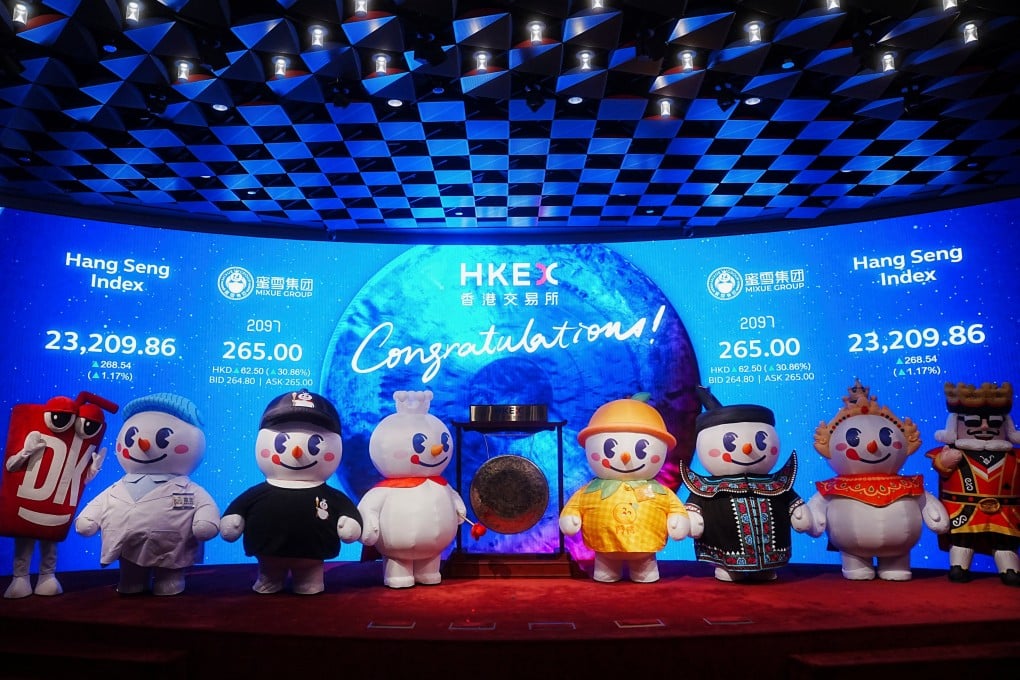Hong Kong’s 1st-quarter funding rank climbs to 4th place as city is poised for IPO bonanza
IPOs totalled US$2.3 billion from 15 firms in the first quarter, compared with US$612.7 million a year earlier, LSEG data shows

Funds raised in Hong Kong from new listings and share placements bounced back strongly in the first quarter as companies raced to tap strong market sentiment, helping the city reclaim its place as the world’s fourth-largest market for fundraising.
The amount was 3.8 times the US$612.7 million raised a year earlier.
The increased fundraising helped bourse operator Hong Kong Exchanges and Clearing’s main board climb back to fourth place, trailing only Nasdaq, the New York Stock Exchange (NYSE) and the Tokyo Stock Exchange, up from 10th a year ago and fifth at the end of last year.
“The Hong Kong IPO market bounced back strongly in the first quarter because the regulator has accelerated the approval process,” said John Lee Chen-kwok, vice-chairman and co-head of Asia coverage for global banking at UBS. “More importantly, market sentiment has improved substantially, allowing listing candidates to list at better valuations than last year.”

International investors helped boost the total as they increased their asset allocations to Chinese stocks in recent months, Lee added.